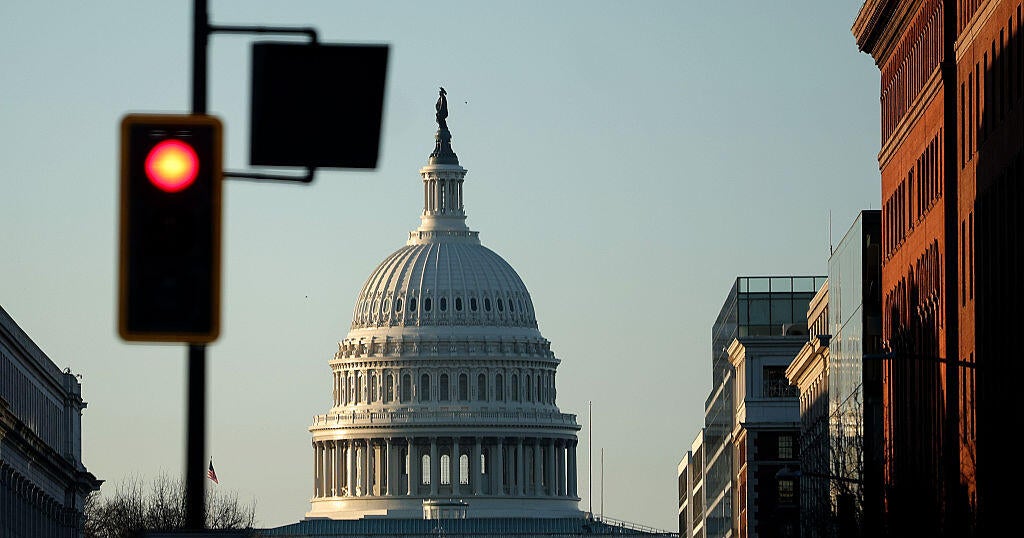Steve Bannon says White House instructed him to invoke privilege before Congress
After multiple postponements spanning over a month, former White House Chief strategist Steve Bannon responded to an outstanding subpoena and returned to the House Intelligence Committee on Thursday. Republicans and Democrats alike on the committee were unsatisfied by his appearance, however.
"He did not answer all the questions we'd like answered – so there is frustration among the committee members," said Rep. Mike Conaway, R-Texas, the Republican leading the committee's Russia probe
After Bannon's departure, the top Democrat on the committee, Rep. Adam Schiff, D-California, said Bannon declined to answer almost all of the questions the committee posed about his time during the presidential transition, while at the White House, and since leaving it. Instead, he told the committee he had been instructed by the White House to invoke executive privilege on behalf of the president.
"The breadth of that claim of executive privilege is breathtaking and insupportable and, indeed, at times, it was laughable," Schiff said.
In a notably brief meeting that lasted about two-and-a-half hours – his previous appearance lasted more than ten – Bannon's lawyers presented the committee with 25 questions that Schiff said were "literally scripted" by the White House, all crafted so that the answers to them would be "no." That list of questions was broadened slightly from a pre-approved list of 14 questions provided to the committee by the White House last week.
When the committee sought to move beyond them, Schiff said, Bannon again asserted privilege.
"That is not how executive privilege works – that's how stonewalling works," Schiff said, adding that the only course forward for Congress is to initiate contempt proceedings. He said Bannon was given an opportunity to provide a reason why he should not be held in contempt but declined to do so.
As late as December of last year, Bannon reportedly bragged to some associates that he had not hired a lawyer and was unworried about his potential legal exposure in the multiple investigations being conducted into connections between Russia and members of President Trump's campaign. After some of his explosive comments appeared in a highly-publicized book about the Trump White House and he was called before the House Intelligence committee in January, he hired former federal prosecutor William Burck, who is also representing White House counsel Don McGahn and former chief of staff Reince Priebus.
Burck's combination of clients has raised concerns, chiefly among Democrats, about possible conflicts of interest and questions about whether the testimonies of three key witnesses close to the president could be coordinated. But there is no evidence that has happened.
Bannon is talking with special counsel Robert Mueller and he intends to "fully cooperate" with Mueller's team.
While Conaway did not rule out holding Bannon in contempt, he made clear the decision was not entirely in his hands. He said he believed Bannon should answer the committee's questions, but "contempt is a big deal and I don't have unilateral control over that conversation," he said. He indicated he would consult with House Speaker Paul Ryan, R-Wisconsin, and "an awful lot of lawyers" on next steps.
At the same time, Schiff said the minority would be conferring with Minority Leader Nancy Pelosi, D-California, and recommending that contempt proceedings be initiated. Schiff expects Republicans to arrive at the same conclusion. "I hope that we have a meeting of the minds and I expect that we likely will," he said.
"Hats off to Steve Bannon," Schiff said. "He's done the impossible: he's brought our committee together."



